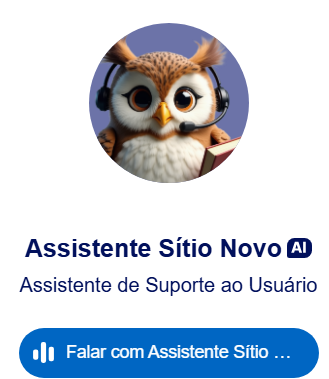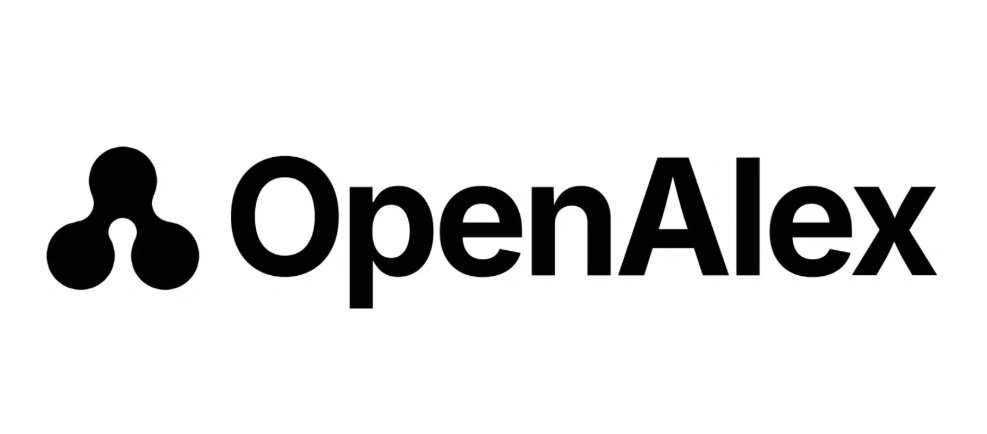Contestando: um software para estimular o pensamento crítico, o engajamento e promover autonomia na educação profissional e tecnológica
DOI:
https://doi.org/10.47236/2594-7036.2025.v9.1611Palavras-chave:
Ensino, Produto Educacional, Software EducativoResumo
As inovações tecnológicas influenciam diretamente o modo de viver da sociedade e, consequentemente, dentro desse perímetro de influência, também está presente a educação. Associado a esse contexto, este trabalho apresenta a aplicação de um software educacional, no qual os estudantes criam e respondem questões objetivas produzidas entre si, referentes aos conteúdos ministrados em aula. O uso da tecnologia da informação, como matéria-prima promotora desse produto educacional, tem a dupla função de otimizar o tempo necessário para a realização da atividade e, concomitantemente, atrair o interesse do público-alvo. O software foi aplicado em turmas de educação profissional e tecnológica do Campus Lagoa da Confusão, do Instituto Federal do Tocantins. Para a coleta de dados, foi aplicado um questionário individualizado a estudantes e professores, visando obter suas percepções sobre a utilização do software. Como resultado prático, foi possível identificar que esse produto se apresenta como uma ferramenta eficaz em proporcionar a coexistência de uma aprendizagem significativa e, ao mesmo tempo, atrativa.Downloads
Métricas
Referências
BERTO, I. R. Proposta pedagógica: utilização de mapas conceituais na abordagem do bioma Caatinga. Revista Brasileira da Educação Profissional e Tecnológica. v. 1, n. 24, abr. 2024. Disponível em: https://www2.ifrn.edu.br/ojs/index.php/RBEPT/article/view/14866/4046. Acesso em: 30 set. 2024. DOI: https://doi.org/10.15628/rbept.2024.14866
FLICK, U. Introdução à pesquisa qualitativa. Tradução: Joice Elias Costa. 3. ed. Porto Alegre: Artmed, 2009.
FREIRE, P. Pedagogia da autonomia: saberes necessários à prática educativa. São Paulo: Paz e Terra, 2011.
FRIGOTTO, G.; CIAVATTA, M.; RAMOS, M. Ensino médio integrado: concepção e contradições. São Paulo: Cortez, 2005.
GRAMSCI, A. Cadernos do cárcere, v. 2: Os intelectuais. O princípio educativo. Jornalismo. Tradução de Carlos Nelson Coutinho. 3. ed. Rio de Janeiro: Civilização Brasileira, 2004.
MARCONI, M. A.; LAKATOS, E. M. Técnicas de Pesquisa: planejamento e execução de pesquisa, elaboração, análise e interpretação de dados. 7. ed. São Paulo: Atlas, 2013.
MARX, K. O capital: crítica da Economia Política. Livro III. O processo global da produção capitalista. Tradução de Rubens Enderle. São Paulo: Boitempo, 2017.
MOLINARI, D. Gamificação na sala de aula: jogar para aprender. Revista Educação. 259. ed. 2019. Disponível em: https://revistaeducacao.com.br/2019/07/01/gamificacao-na-sala-de-aula. Acesso em: 18 jun. 2023.
PAIXÃO, S. V.; SANTIAGO, J. L. As novas tecnologias de informação e comunicação no ensino fundamental I: problematizações acerca da formação de professores. Revista Sítio Novo, v. 5, n. 1, jan./mar. 2021. Disponível em: https://sitionovo.ifto.edu.br/index.php/sitionovo/issue/viewIssue/15/26. Acesso em: 13 jun. 2024. DOI: https://doi.org/10.47236/2594-7036.2021.v5.i1.210-226p
PONTES, R. S. P; VICTOR, V, F. Robótica educacional: uma abordagem prática no ensino de lógica de programação. Revista Sítio Novo, v. 6, n. 1, jan./mar. 2022. Disponível em: https://sitionovo.ifto.edu.br/index.php/sitionovo/article/view/1074. Acesso em: 30 set. 2024. DOI: https://doi.org/10.47236/2594-7036.2022.v6.i1.57-71p
REIS, R. M.; FERNANDES, F. G. Tecnologia de Informação e Comunicação e Linguagem: o aplicativo WhatsApp e os impactos na Língua Materna. Revista Sítio Novo, v. 6, n. 3, jun./set. 2022. Disponível em: https://sitionovo.ifto.edu.br/index.php/sitionovo/issue/viewIssue/24/40. Acesso em: 13 jun. 2024. DOI: https://doi.org/10.47236/2594-7036.2022.v6.i3.5-18p
TAJRA, S. F. Informática na educação: novas ferramentas pedagógicas para o professor da atualidade. 9. ed. São Paulo: Érica, 2012.
TOLOMEI, B. V. A Gamificação como estratégia de engajamento e motivação na educação. EAD em foco: revista científica em educação a distância, Rio de Janeiro, v. 7, n. 2, p. 145-156, 2017. Disponível em: http://eademfoco.cecierj.edu.br/index.php/Revista/issue/view/17/showToc. Acesso em: 18 jul. 2023. DOI: https://doi.org/10.18264/eadf.v7i2.440
TOMAZ, M. A Educação e a autonomia do indivíduo: uma síntese com base nos saberes filosóficos de Maria Montessori, Jean Piaget e Immanuel Kant. Rebena - Revista Brasileira de Ensino e Aprendizagem, v. 9, p. 156-162, 2024. Disponível em: https://rebena.emnuvens.com.br/revista/article/view/234. Acesso em: 27 jul. 2024.
VALE, R. M. S.; Tecnologia educacional para a EJA é possível? Revista Brasileira da Educação Profissional e Tecnológica. v. 2, n. 22, dez. 2022. Disponível em: https://www2.ifrn.edu.br/ojs/index.php/RBEPT/article/view/13556/3420. Acesso em: 30 set. 2024. DOI: https://doi.org/10.15628/rbept.2022.13556
VASQUES, D.G.; OLIVEIRA, V. H. N. A produção científica e o trabalho de professores pesquisadores da educação básica federal. Revista Sítio Novo, v. 6, n. 2, abr./jun. 2022. Disponível em: https://sitionovo.ifto.edu.br/index.php/sitionovo/article/view/1110. Acesso em: 30 set. 2024. DOI: https://doi.org/10.47236/2594-7036.2022.v6.i2.75-88p
Downloads
Publicado
Como Citar
Edição
Seção
Licença
Copyright (c) 2025 Plínio Cardoso de Oliveira, Wallysonn Alves de Souza, José Robson Mariano Alves

Este trabalho está licenciado sob uma licença Creative Commons Attribution 4.0 International License.
Permite o compartilhamento, adaptação e uso para quaisquer fins, inclusive comerciais, desde que feita a devida atribuição aos autores e à Revista Sítio Novo.
Os autores declaram que o trabalho é original, não foi previamente publicado em parte ou no todo, exceto em servidores de preprints reconhecidos, desde que declarado, e que nenhum outro manuscrito similar de sua autoria está publicado ou em processo de avaliação por outro periódico, seja impresso ou eletrônico.
Declaram que não violaram nem infringiram nenhum tipo de direito de propriedade de outras pessoas, e que todas as citações no texto são fatos verdadeiros ou baseados em pesquisas de exatidão cientificamente considerável.
Os autores mantêm os direitos autorais dos manuscritos publicados nesta revista, permitindo o uso irrestrito de seu conteúdo, desde que citada a autoria original e a fonte da publicação.


















